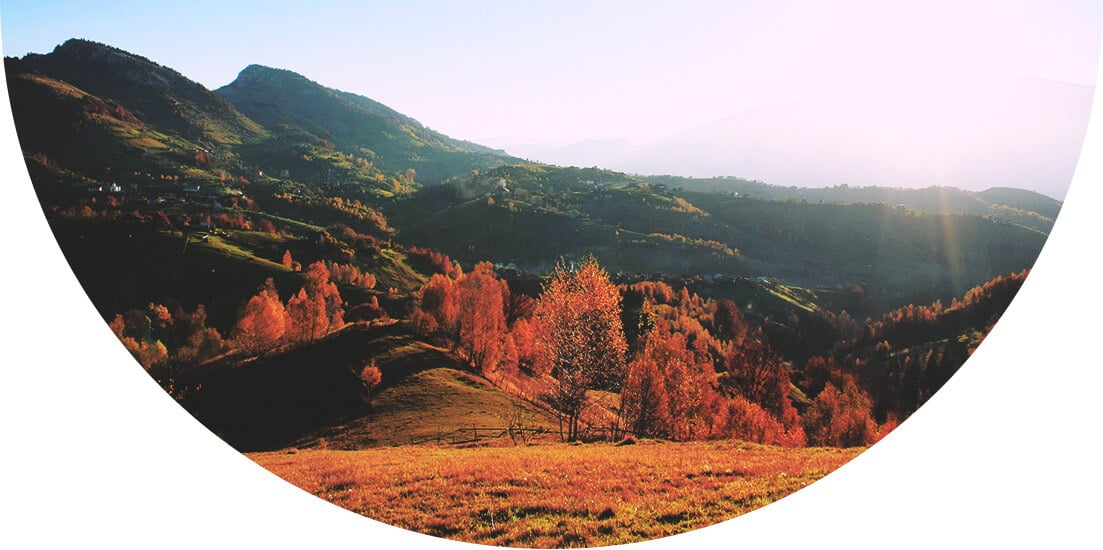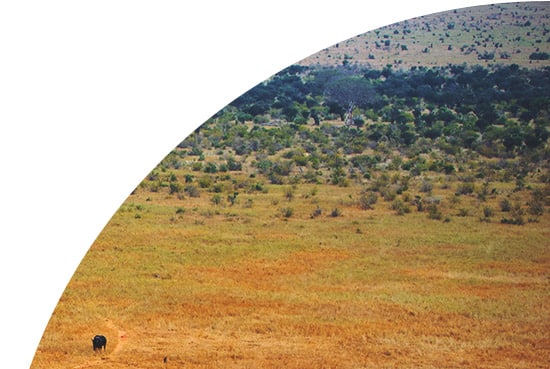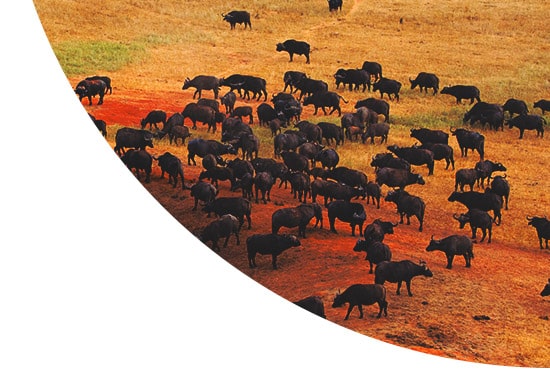Rift Valley fever (RVF) is an acute, fever-causing viral disease that usually affects domesticated animals (such as cattle and sheep), but can also infect and cause illness in humans. The majority of human infections are caused by direct or indirect contact with the blood or organs of infected animals.


Travel Vaccinations for Liberia
Recommended Vaccines for Liberia
The level of protection needed depends on your medical history and travel itinerary. Book now to get a personalised recommendation from our specialist travel nurses. The consultation costs £20 plus any vaccines you decide to take.
Flexible appointments with no upfront payment
Book Now
Destination Information for Liberia
The small coastal nation of Liberia is not known as a tourist destination, due to political unrest, civil war and a deadly outbreak of the Ebola virus. This all looks set to change, however: the 2013 Ibrahim Index of African Governance named Liberia to be the most improved country on the continent, and the World Health Organisation has now declared the nation to be officially Ebola-free. Now that travel restrictions have been lifted, Liberia can begin the long road to recovery.
Monrovia, Liberia’s capital, and the largest and most densely-populated city, is the first port of call for most visitors to the country. Here you can explore the history of Liberia at the National Museum and experience first-hand the new, up-and-coming energy that infuses Liberia. There are also plenty of beaches around the capital for those wishing to relax. Further up the coast, the town of Robertsport offers a beachside campsite, with excellent surfing for adventure-loving travellers.
There is only one national park in Liberia, Sapo, in the south of the country. It’s safest to travel here with an organised tour, and if you do you’ll be rewarded by the sight of forest elephants, chimpanzees, antelopes, pigmy hippos and much more, in one of the few remaining areas of primary rainforest in Africa.
Infections and Outbreaks frequently change from country to country and by attending our clinics you will be given the most up to date clinical and safety advice from our team of specialists. Our advice to you often includes aspects such as:
Additional Health Risks Information for Liberia
Previously, travel to Liberia has been advised against by the Foreign and Commonwealth Office, however this is no longer the case, and there are currently no restrictions on visiting the country. Since June 2016 Liberia has been declared transmission free following the recent Ebola outbreak, however medical facilities have been severely stretched and depleted following the outbreak. Standards of care here are not of the same level as you would expect to find in the UK, and in rural areas are extremely basic. There are no emergency services in Liberia, so ensure you carry a well-stocked first aid kit, and a full supply of any regular prescription medication you require.
Liberia is high risk for malaria and Yellow fever, it is advisable to visit a Travel clinic to get the necessary vaccines, medications and advice before you travel.
Outside of the capital Monrovia, assistance from consuls and authorities may be limited, so seek specialist advice if you’re planning a trip here. There can occasionally be protests and violence arising from land disputes, and around rubber plantations due to illegal rubber tapping. Avoid travelling in these areas if you can. Crime levels in the country as a whole are high, including armed robbery and organised crime. Take extra care over your personal security. Visitors to Liberia are advised to travel as part of an organised group. If you’re in the country for work, stay in contact with your employer, and take advice from your host organisation regarding travel, accommodation and other aspects of your trip.



